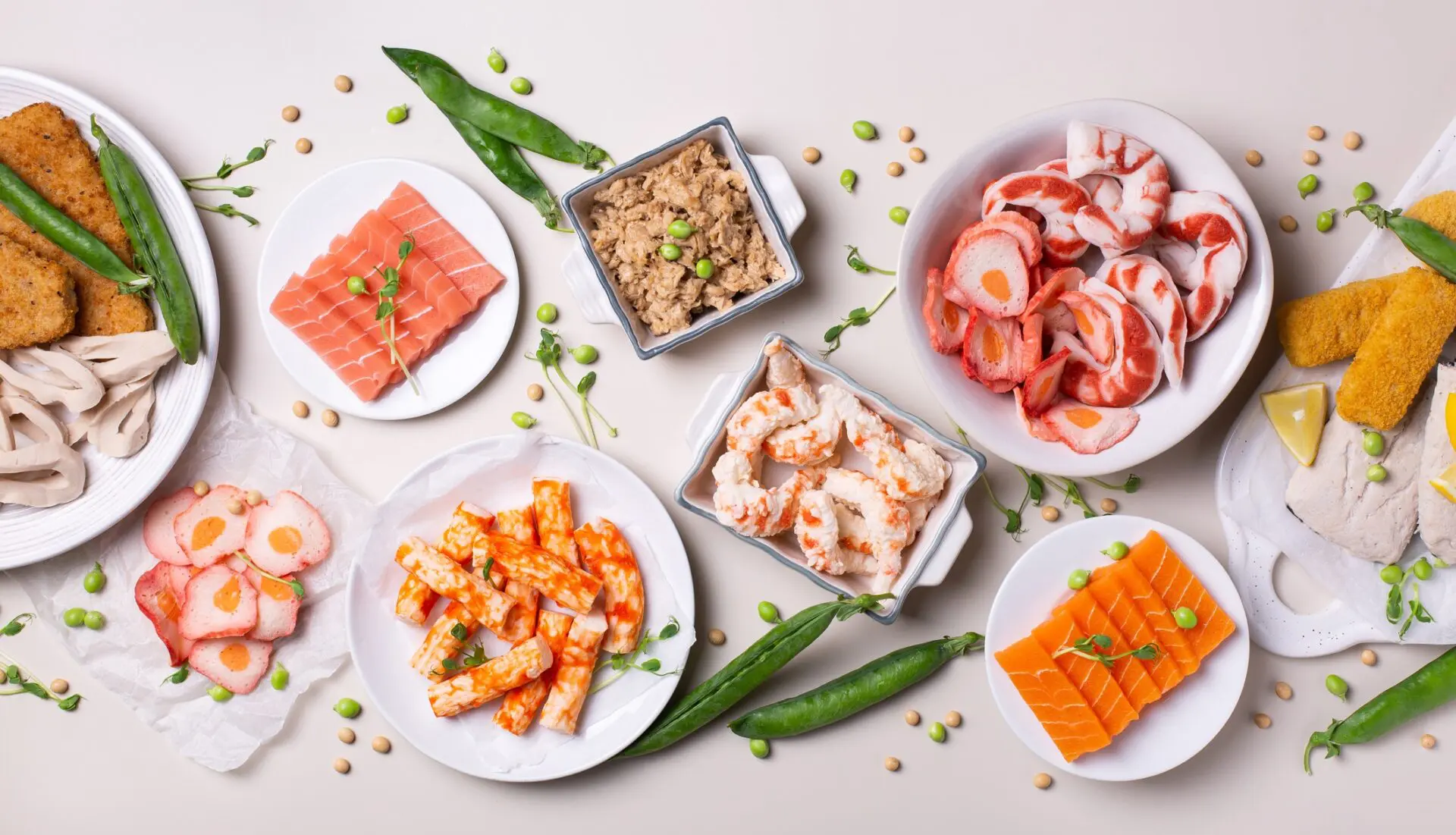The world of food is constantly evolving, with new trends shaping the way we eat and cook. As we become more conscious of health, sustainability, and flavor, global food trends are shifting to reflect these values. From plant-based diets to cultural food innovations, the culinary world is embracing diversity and creativity. Let’s explore some of the most exciting global food trends that are gaining popularity worldwide.
Plant-Based Eating
One of the biggest food trends in recent years is the rise of plant-based diets. People are increasingly turning to plant-based foods not just for ethical reasons, but also for health benefits. Whether it’s replacing meat with plant-based alternatives or simply incorporating more fruits, vegetables, and legumes into meals, plant-based eating has become mainstream.
Tip:
Look for plant-based alternatives to your favorite dishes, such as vegan burgers, dairy-free cheeses, or jackfruit tacos.
Sustainable and Local Sourcing
As sustainability becomes a greater focus, consumers are looking for ways to reduce their environmental impact through their food choices. Local sourcing of ingredients is a key part of this trend. By purchasing locally grown produce and supporting small-scale farmers, people can reduce their carbon footprint and enjoy fresh, seasonal foods.
Tip:
Visit local farmers’ markets or join a community-supported agriculture (CSA) program to access fresh, locally grown produce.
Global Flavors and Fusion Cuisine
Another exciting trend is the rise of global flavors and fusion cuisine. People are more adventurous than ever when it comes to trying new tastes and cooking techniques from around the world. Combining flavors from different cultures, such as Korean BBQ tacos or sushi burritos, has led to the creation of unique dishes that excite the palate.
Tip:
Experiment with combining unexpected flavors, like Indian spices with Italian pasta, for a fun and flavorful fusion meal.

Fermented Foods
Fermentation has seen a resurgence in recent years, with many people turning to fermented foods for their health benefits, particularly for gut health. Foods like kimchi, sauerkraut, kombucha, and kefir are packed with probiotics that support digestion and immunity. These foods are not only good for you but also add depth of flavor to meals.
Tip:
Incorporate fermented foods into your diet by adding kimchi to rice bowls or using kombucha as a base for marinades.
Alternative Grains
Traditional grains like wheat and rice are being replaced or supplemented by alternative grains, such as quinoa, farro, and millet. These grains are often more nutritious and provide a different texture and flavor, making them a great addition to both sweet and savory dishes. They also cater to those with gluten sensitivities or those seeking to diversify their diet.
Tip:
Try cooking farro in place of rice or using quinoa as a base for a hearty salad.
Plant-Based Meat Alternatives
Plant-based meats have taken the world by storm, offering a sustainable and ethical alternative to traditional animal proteins. Products like Beyond Meat and Impossible Foods have revolutionized the way we think about plant-based eating. These alternatives mimic the taste and texture of meat, making them popular choices for both vegans and non-vegans alike.
Tip:
Swap out traditional beef burgers for plant-based patties and enjoy the same satisfying flavors without the environmental impact.
Healthy Snack Innovations
Snacking has evolved, with a shift toward healthier, more nutritious options. Consumers are increasingly choosing snacks made with whole foods, such as nuts, seeds, and dried fruits, over processed, sugar-laden options. Additionally, brands are offering snacks that cater to specific dietary preferences, like keto-friendly or gluten-free options.
Tip:
Replace traditional chips with roasted chickpeas or protein-packed energy balls for a healthier snack option.
Zero-Waste Cooking
Zero-waste cooking is all about reducing food waste by using every part of the ingredients. From using vegetable scraps for broth to reimagining leftovers into new meals, zero-waste cooking focuses on sustainability in the kitchen. This trend encourages people to be more mindful of their food consumption and embrace creative ways to reduce waste.
Tip:
Save vegetable peels and stems for homemade stock or composting, and use leftover rice for fried rice or grain bowls.
Upcycled Foods
Upcycled foods are made from ingredients that would otherwise be wasted, such as bruised fruit, stale bread, or unused vegetable scraps. These ingredients are repurposed into products like smoothies, jams, or granola, reducing food waste and offering new, creative products. The trend emphasizes the importance of sustainability in our food choices.
Tip:
Look for products made with upcycled ingredients, such as chips made from surplus vegetables or bread made from discarded loaves.
Conclusion
The global food scene is constantly evolving, with new trends focusing on health, sustainability, and cultural exploration. From plant-based eating to zero-waste cooking, these trends reflect the growing demand for healthier, more ethical food choices. By embracing these global food trends, we can create meals that not only nourish our bodies but also support the planet. So, why not try incorporating some of these exciting trends into your next meal?




